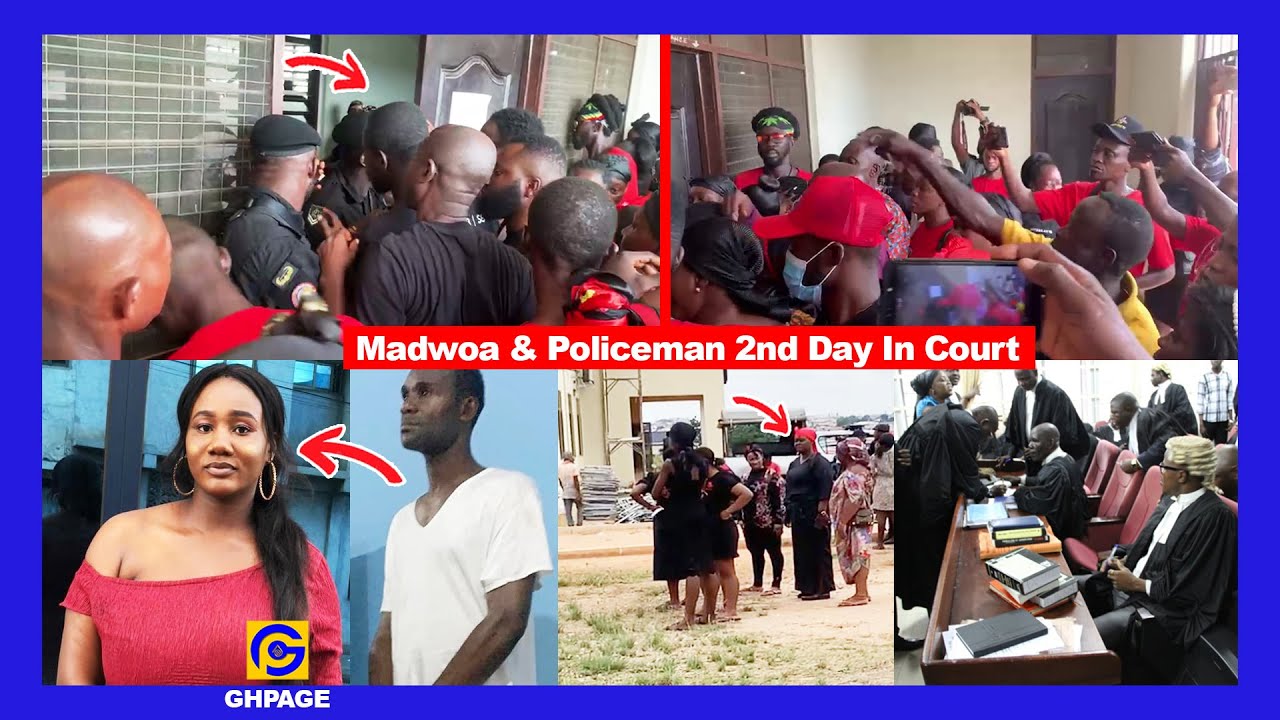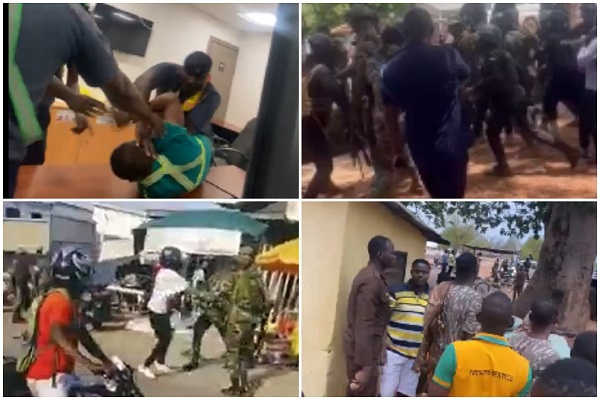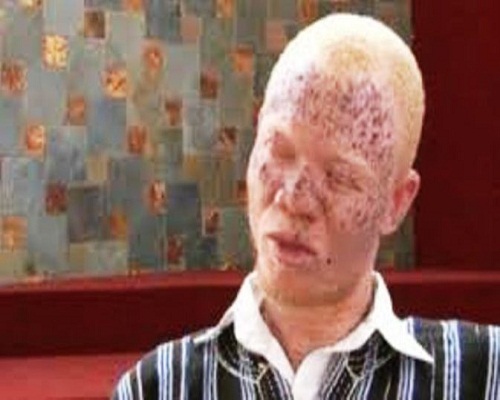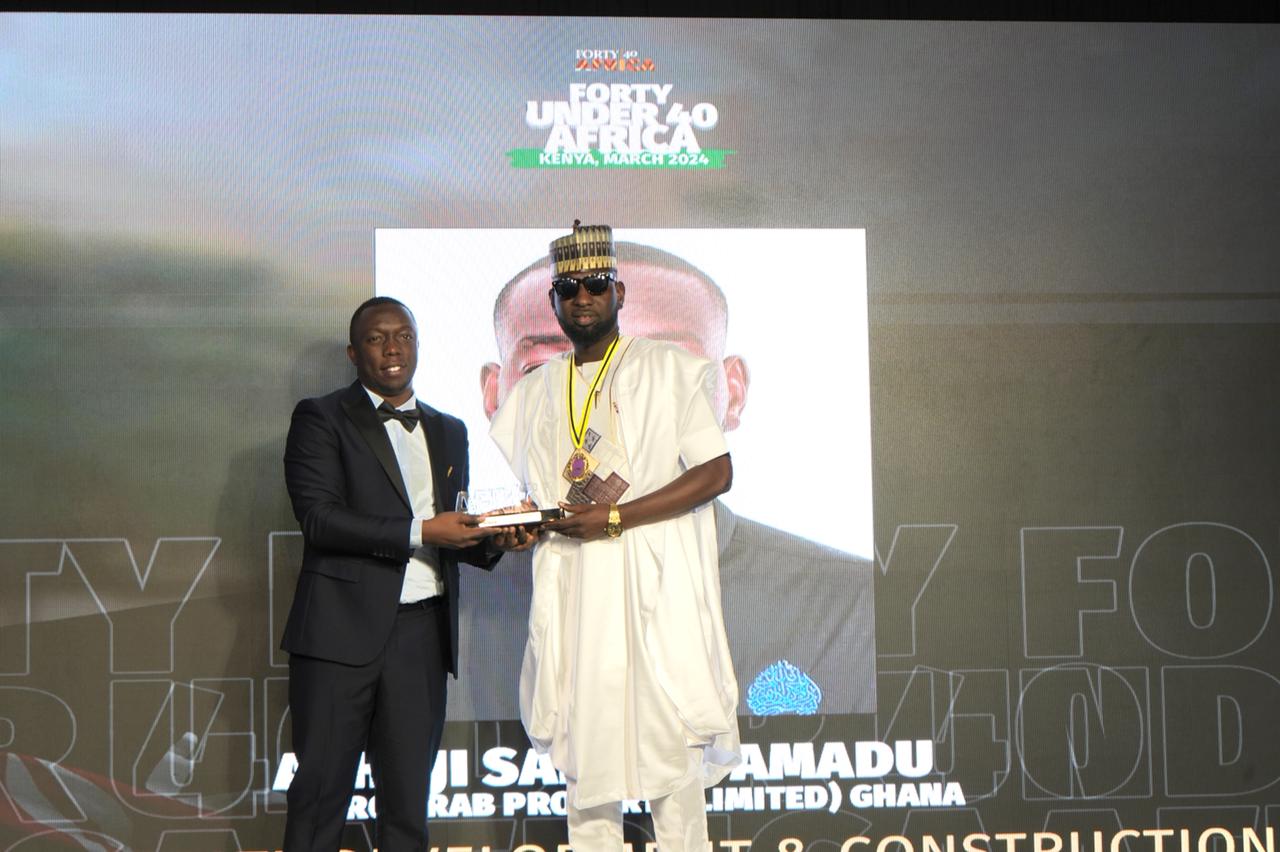US skilled-worker visa lottery applications drop by 40% in 2024
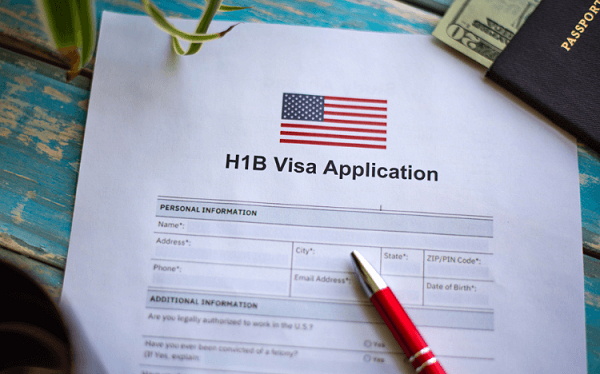
Major technology companies that use H-1B visas sought changes after massive increases in bids left their employees and prospective hires with slimmer chances of winning the random lottery. Facing what it acknowledged was likely fraud and abuse, U.S. Citizenship and Immigration Services this year said each employee had only one shot at the lottery, whether the person had one job offer or 50.
The government received 470,342 entries for this year’s lottery, which was held the last week of March, down 38% from 758,994 entries last year. The number of workers who applied was little changed — about 442,000 this year compared with 446,000 last year — indicating a sharp drop in people who applied multiple times.
Bids tripled from 2021 to 2023 after the government said it would no longer require people to mail bulky paperwork to be eligible for the lottery, saying that time-consuming, expensive task could wait until they won one of up to 85,000 slots awarded annually.
The only requirement was a $10 electronic registration fee, which eased barriers to participate but created an unintended opening for companies and employees to flood the agency with applications. USCIS said one person submitted bids for 83 job offers in 2022.
The drop in applications this year “indicates that there were far fewer attempts to gain an unfair advantage than in prior years,” USCIS said in a note to companies, applicants and their representatives.
H-1B visas were created in 1990 for people with a bachelor’s degree or higher in fields where jobs are deemed hard to fill, especially science, technology, engineering and math. Critics say they allow companies to pay lower wages with fewer labor protections.
Infosys, an Indian technology outsourcing company, was the top employer of people with H-1Bs in 2023. Amazon, Microsoft, Apple, Meta and Google were in the top 10.
U.S. college graduates can work for three years under an Optical Practical Training visa while they try for an H1-B visa. Because those applicants had steady jobs, they didn’t need to submit more than one bid. But that left them at a disadvantage against those with several applications. Some left for work in Canada or Europe.
Watch the latest edition of BizTech below:

